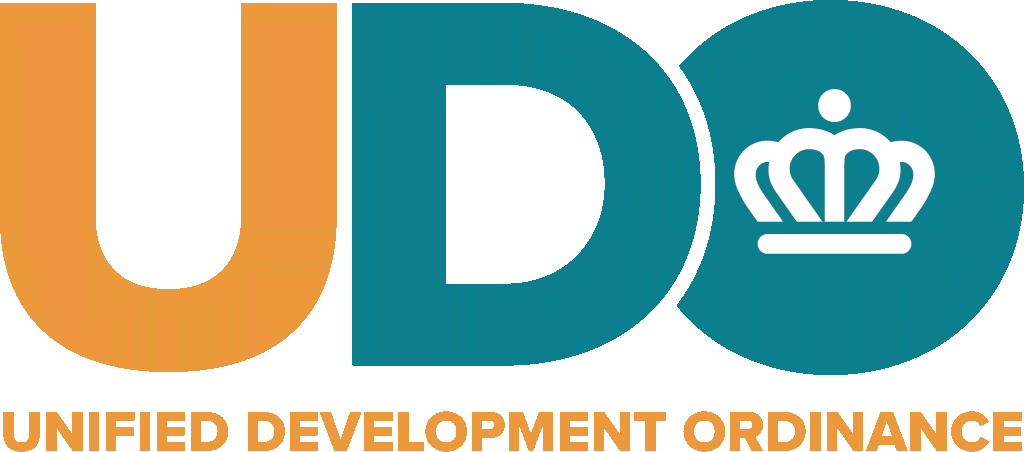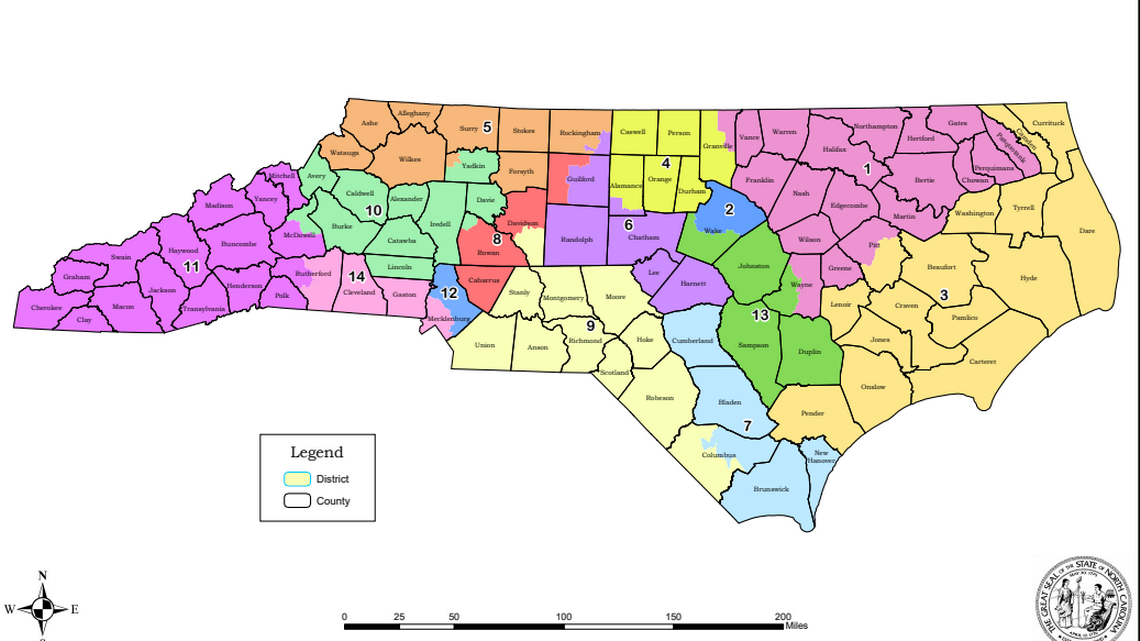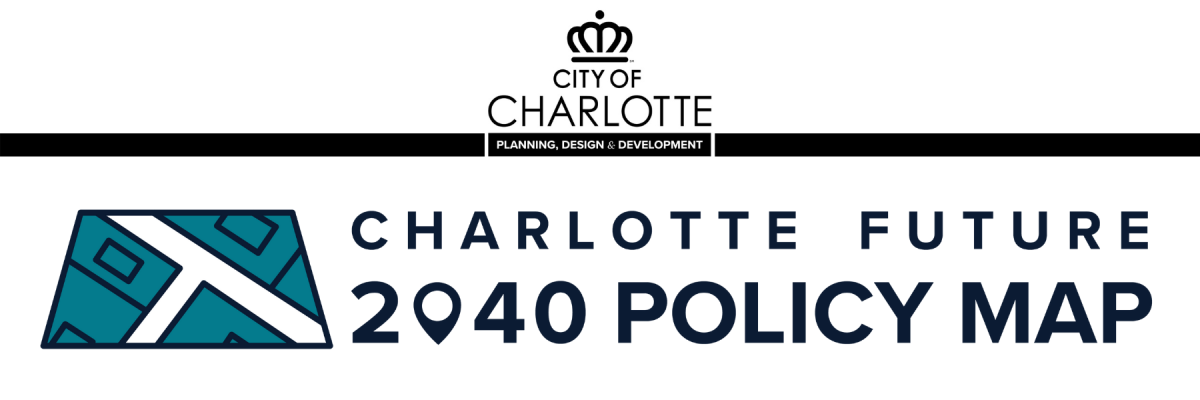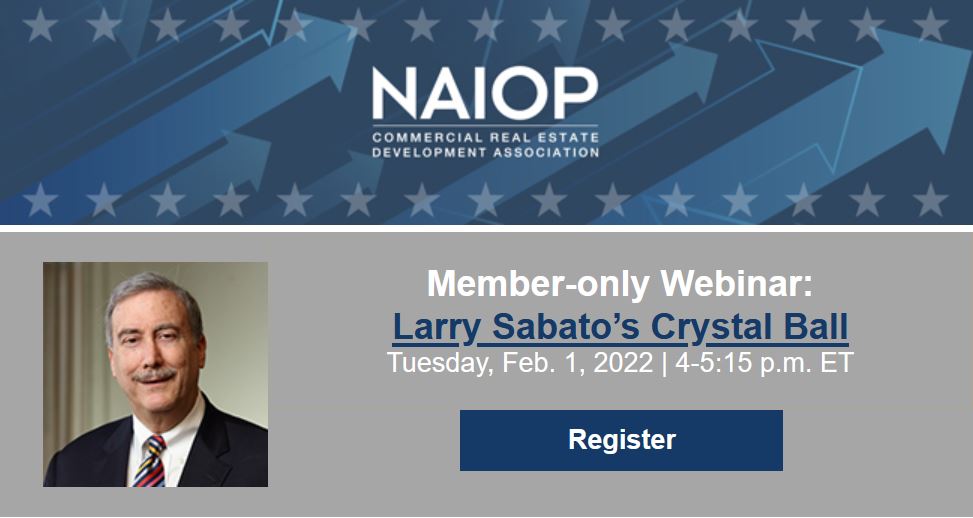Members from NAIOP’s three chapters in North Carolina traveled to Raleigh last week to advance the priorities of the commercial real estate development industry in meetings with state lawmakers. The top priority for NAIOP of North Carolina, the state alliance of NAIOP chapters, is the passage and enactment of House Bill 291, permit reform legislation sponsored by State Representative Jeff Zenger.
Local building permits are an essential and fundamental requirement for the development and improvement of commercial and residential properties. However, the processes for obtaining these permits can vary by city and county in North Carolina. These variations lead to uncertainties and delays in projects moving forward, which can impact the costs, financing and contractional relationships with contractors and providers of construction equipment and materials.
The enactment of House Bill 291 would bring reforms to the permitting process similar to those advocated by our local chapter in Georgia which were ultimately enacted into law in that state. These reforms to the local permitting process bring more predictability and accountability, reducing uncertainty and unnecessary delays. Core elements of the bill include:
- A local permitting entity has 21 days in which review the plans.
- During the 21 days, the local entity shall resolve issues associated with the application and may seek additional information from the applicant.
- If additional information is needed or the application must be resubmitted, the permitting entity has 15 days from receipt of the additional information to issue a permit.
- If the local permitting entity is unable to meet the time parameters, the applicant or inspections department may seek approval from a certified third-party (engineer) or the Department of Insurance.
The North Carolina House of Representatives passed House Bill 291 in May of 2021 on bipartisan vote of 79-33, sending the bill to the state Senate. The legislation was eventually sent to the commerce and insurance committee in March for their consideration. Our meetings last week focused on urging Senate leadership and the committee chairs to move this important legislation forward before adjourning for the year as early as the end of June. NAIOP of North Carolina’s advocacy played a key role in HB 291 being scheduled the following day for a hearing before the insurance committee the subsequent week.


















